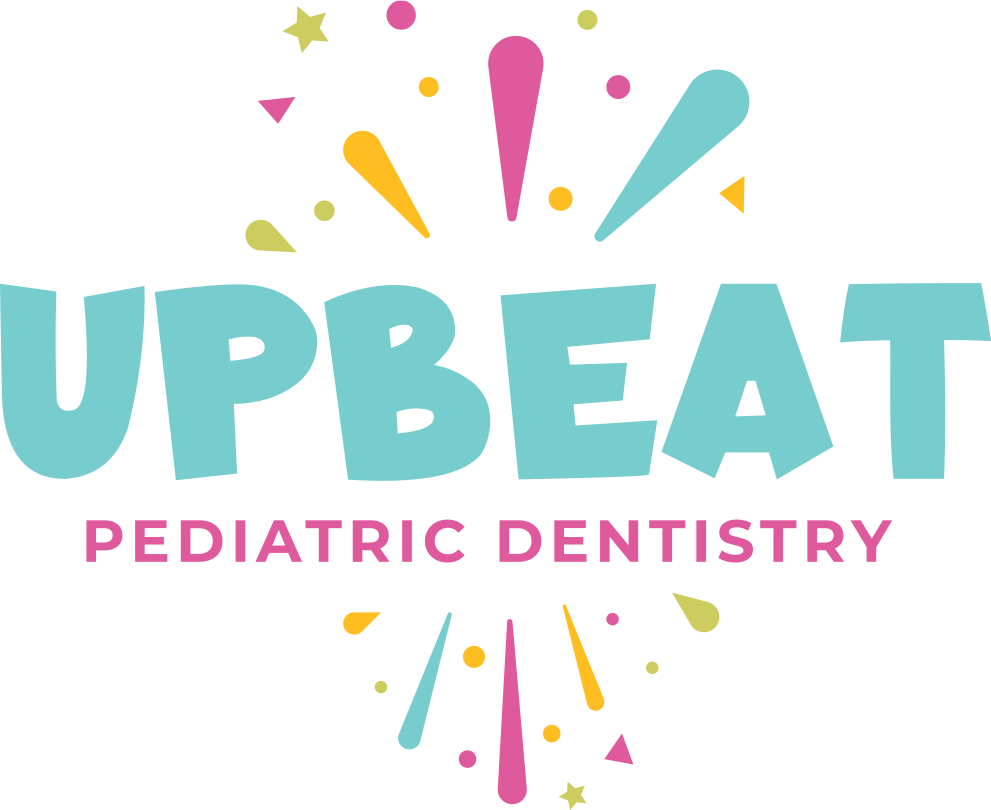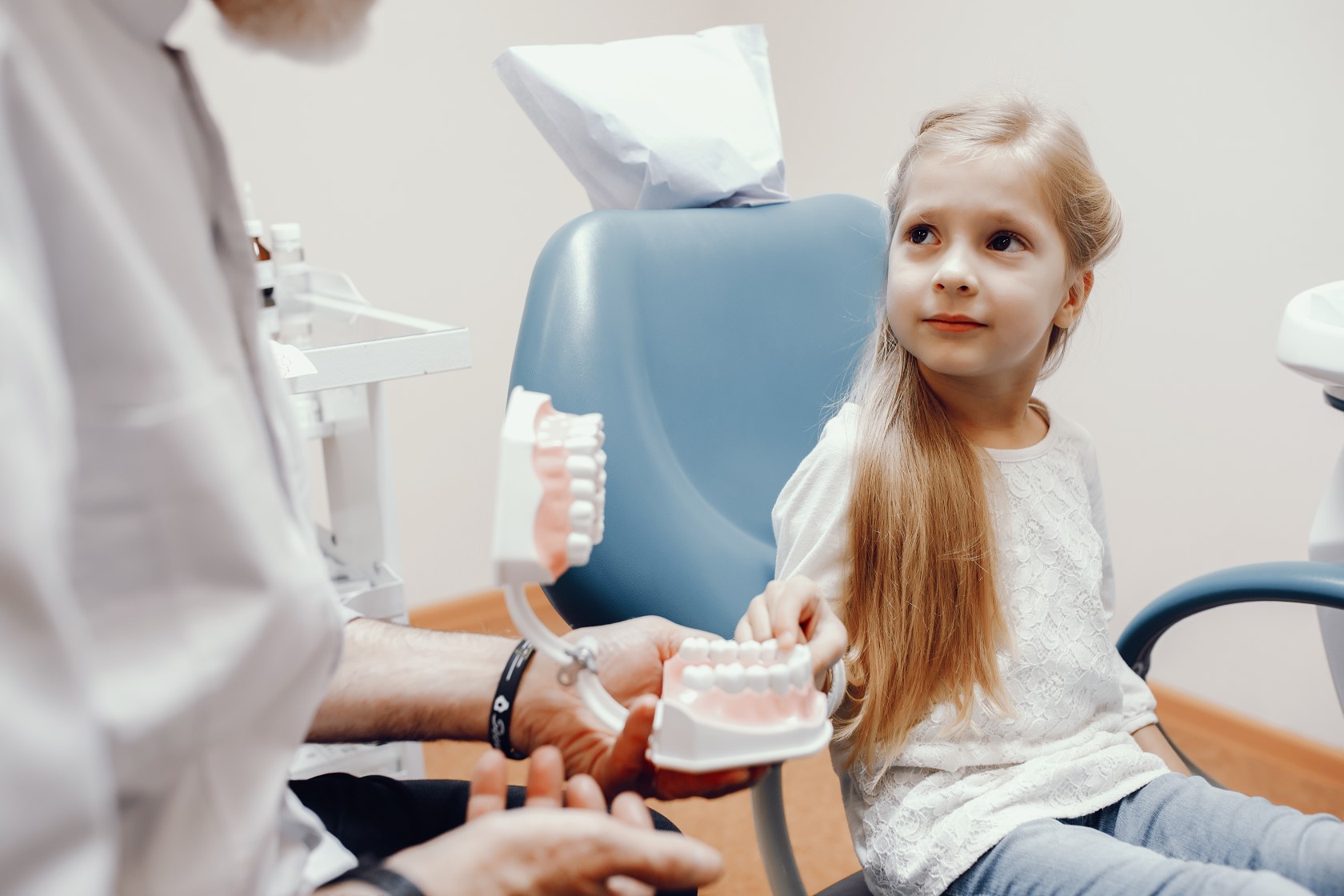Maintaining a bright, healthy smile involves more than just brushing and flossing. Regular dental check-ups play a crucial role in preventing oral health issues and ensuring that your teeth and gums remain in top condition.
For children, these check-ups are especially important as they can catch potential problems early and set the stage for a lifetime of good oral health habits.
At Upbeat Pediatric Dentistry, we emphasize the importance of periodic check-ups every six months. Let’s explore why these regular visits are so essential.
Early Detection of Cavities and Gum Disease
One of the primary reasons for biannual dental check-ups is the early detection of cavities and gum disease.
Cavities can develop silently and may not cause pain or discomfort until they are more advanced. Regular check-ups allow the dentist to identify and treat cavities before they become more serious and require more invasive procedures.
Similarly, gum disease can start as mild gingivitis and progress to more severe periodontitis if left untreated. Early detection and intervention can prevent significant damage to your child’s gums and teeth.
Monitoring Growth and Development
For children, dental check-ups are not just about cleaning teeth. They also involve monitoring the growth and development of the jaw and teeth.
As children grow, their mouths undergo significant changes. Regular dental visits allow the dentist to track these changes and ensure that everything is developing correctly.
Early detection of issues such as misaligned teeth or bite problems can lead to timely intervention, potentially avoiding more complex orthodontic treatments in the future.
Preventive Care and Education
During a routine check-up, the dentist provides preventive care that is essential for maintaining good oral health.
This includes professional cleaning to remove plaque and tartar that regular brushing and flossing might miss. The dentist or hygienist will also provide fluoride treatments to strengthen your child’s enamel and make it more resistant to decay.
In addition to providing these treatments, the dental team will educate you and your child on proper oral hygiene practices. They can offer tips on effective brushing and flossing techniques, dietary advice to promote healthy teeth, and recommendations for dental products suitable for your child’s age and needs.
Identifying Habits that Harm Oral Health
Children can develop habits that negatively impact their oral health, such as thumb sucking, nail biting, or excessive use of pacifiers. During regular dental check-ups, the dentist can identify these habits and provide guidance on how to break them.
Addressing these behaviors early can prevent potential issues such as misaligned teeth or jaw problems.
Building a Positive Relationship with the Dentist
Regular dental visits help children become accustomed to the dental office environment, reducing anxiety and fear associated with dental appointments.
When children visit the dentist every six months, they develop a sense of familiarity and comfort. This positive relationship with the dentist can make future visits less stressful and encourage a lifetime of good oral health practices.
Preventing Future Dental Problems
Many dental issues can be prevented with regular check-ups and proper oral care. For example, sealants can be applied to the chewing surfaces of the back teeth to protect them from decay.
Regular dental visits allow the dentist to recommend and apply such preventive measures. By addressing potential problems early, you can save time, money, and avoid discomfort associated with more extensive dental treatments.
Maintaining Overall Health
Oral health is closely linked to overall health. Conditions such as diabetes, heart disease, and respiratory issues have been associated with poor oral health.
By maintaining regular dental check-ups, you are not only taking care of your child’s teeth but also contributing to their overall well-being. A healthy mouth can reduce the risk of infections and other health complications.
Setting a Positive Example
As a parent, you play a crucial role in shaping your child’s habits and attitudes towards oral health. By prioritizing regular dental check-ups and demonstrating their importance, you set a positive example for your child.
When children see that their parents value dental health, they are more likely to adopt similar practices and prioritize their own oral care.
Caring For Your Child’s Oral Health
Regular dental check-ups every six months are essential for maintaining your child’s oral health. These visits allow for the early detection and treatment of dental issues, provide preventive care, monitor growth and development, and offer valuable education on proper oral hygiene practices.
At Upbeat Pediatric Dentistry, we are committed to providing comprehensive and compassionate care to ensure that your child’s smile remains healthy and vibrant.
Don’t wait—schedule your child’s dental check-up today and take a proactive step towards their long-term oral health.





